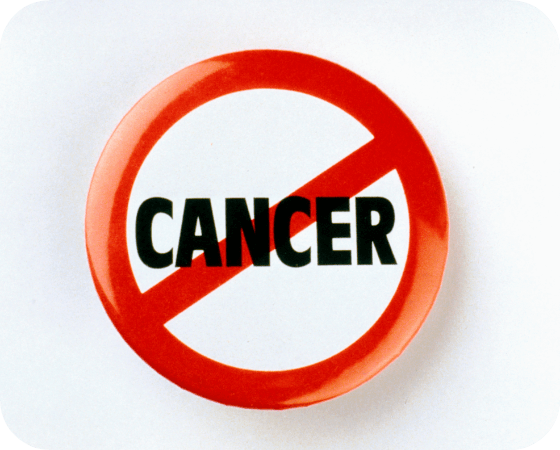New Guidelines Call for Women to Get Mammograms at Age 40
Women should start getting mammograms to screen for breast cancer at the age of 40, according to new draft recommendations from the US Preventative Services Task Force (USPSTF). While current guidelines recommend mammograms starting at age 50, a growing number of women at risk for breast cancer have started screening in their 40s. The USPSTF issued the draft recommendations based on new evidence that shows a growing number of women in their 40s are getting breast cancer. The draft recommendations also call for biennial screenings instead of annual screening, which runs counter to leading medical organizations like the American College of Radiology and the American Cancer Society. According to the USPSTF, starting mammograms earlier will allow doctors to detect breast cancer sooner and save more lives. Breast cancer is currently the most common cancer among women, and it is the second-leading cause of cancer-related death in women.
Senate Panel Advances Bipartisan PBM Bill
The Senate Health, Education, Labor, and Pensions (HELP) Committee passed by a 18-3 vote legislation to reform pharmacy benefit manager (PBM) practices. The legislation was among a group of bipartisan bills and amendments approved by the committee that are aimed at addressing high drug costs. The bill’s most notable component would ban PBMs from using spread pricing, which is the practice of charging health plans for prescription drugs more than what they pay the pharmacy and pocketing the difference. Other measures approved by the committee would direct the Department of Labor to conduct a study into the fiduciary duties of PBMs and require PBMs to pass on all rebates they get from drug manufacturers to health plans.
mRNA Vaccine for Pancreatic Cancer Shows Promise
A group of pancreatic cancer survivors who were found to have an immune response from an experimental mRNA vaccine showed no signs of relapse, according to a study published in Nature. Conducted by researchers at Memorial Sloan Kettering Cancer Center in New York City, the study involved 16 patients who had their tumors surgically removed. All 8 patients whose immune systems responded to the vaccine made T-cells against their tumors that have persisted for at least 2 years. Researchers believe the spleen could be key to understanding who could benefit from the vaccine, as 5 of the 8 patients who didn’t generate an immune response had their spleens removed. Scientists have been working to develop cancer vaccines for decades, and only in recent years have mRNA vaccines shown promise in treating the disease. In April, early-stage clinical trial results for a personalized vaccine using mRNA technology was found to be effective in preventing melanoma from reoccurring.
FDA Updates Blood Donation Policy for Gay, Bisexual Men
Gay and bisexual men in monogamous relationships are now allowed to donate blood at any time, according to an updated blood donation policy from the Food and Drug Administration (FDA). The update is part of an effort to ease blood shortages by loosening restrictions on who can donate. Previously, men who have sex with men were only permitted to donate blood after three months from their last sexual encounter with other men. The new policy nixes time-based restrictions in favor of individual risk-based questions that will be the same for every donor, regardless of sexual orientation, sex, or gender. The FDA originally proposed the new policy in January 2023.
End of COVID-19 PHE Means End to Emergency Rules, Waivers
With the end of COVID-19 public health emergency (PHE) yesterday, numerous rules and waivers that have been in place for over more than years are now out of the picture. The Centers for Disease Control and Prevention (CDC) will no longer be able to access some surveillance data based on new case numbers; instead, the CDC will use hospital admissions to determine the level of community risk. Additionally, Medicare and private insurers will no longer be required to fully cover 8 rapid antigen tests per month, although the administration is urging insurers to continue covering the test. Furthermore, certified registered nurse anesthetists will once again require physician supervision, and patients will again have to spend 3 consecutive days in a hospital before being eligible to move to a skilled nursing facility.
ICYMI: Jazz in the Garden Returns Next Week
Jazz in the Garden, a popular free summer concert series held in the National Gallery of Art’s outdoor Sculpture Garden, will return on May 19 and run through August 4. To cope with high demand, the National Gallery is instituting for the first time a free lottery system that will open the Monday before a concert and close Friday at noon. However, admission will remain free. This year’s concerts will feature jazz, zydeco, Latin fusion, bluegrass, and other musical performances.

